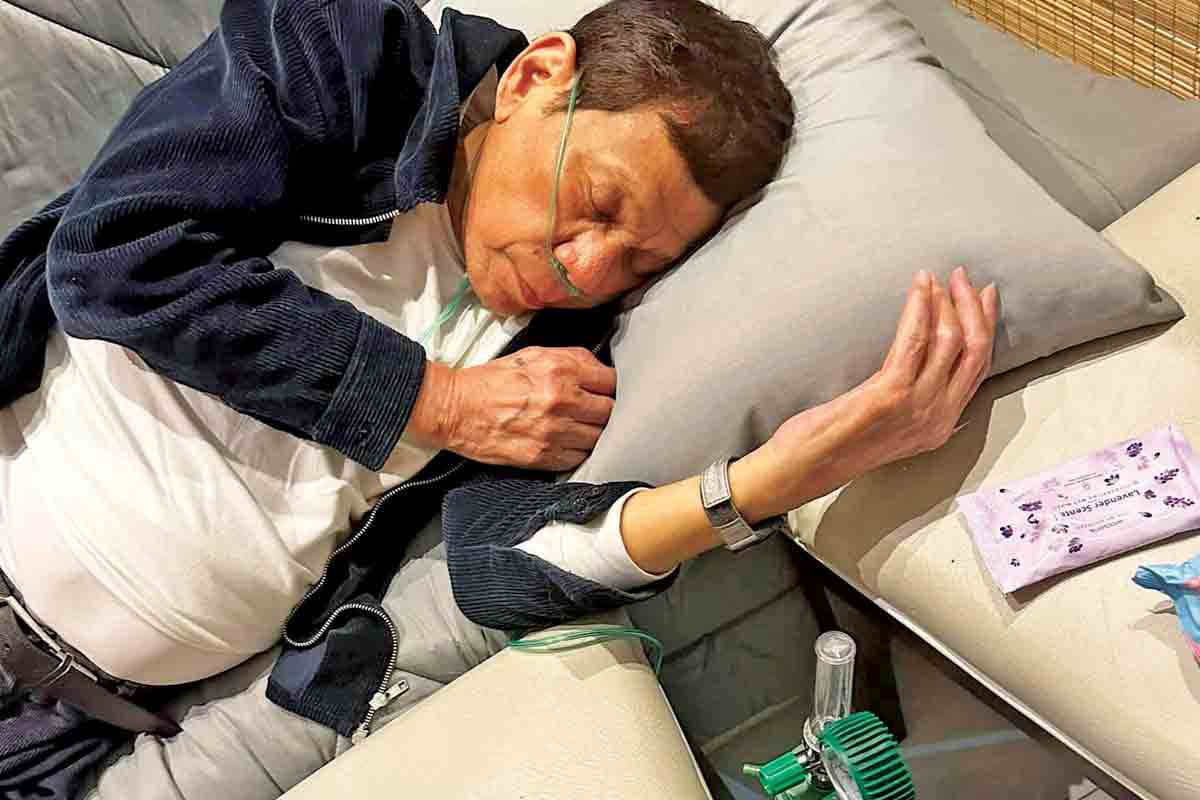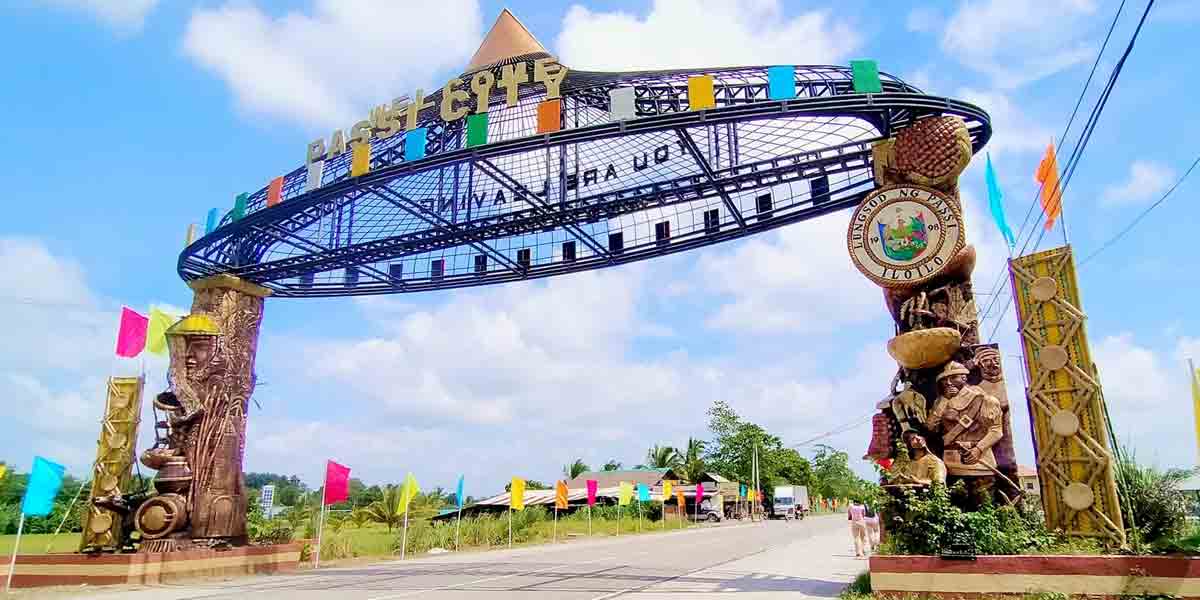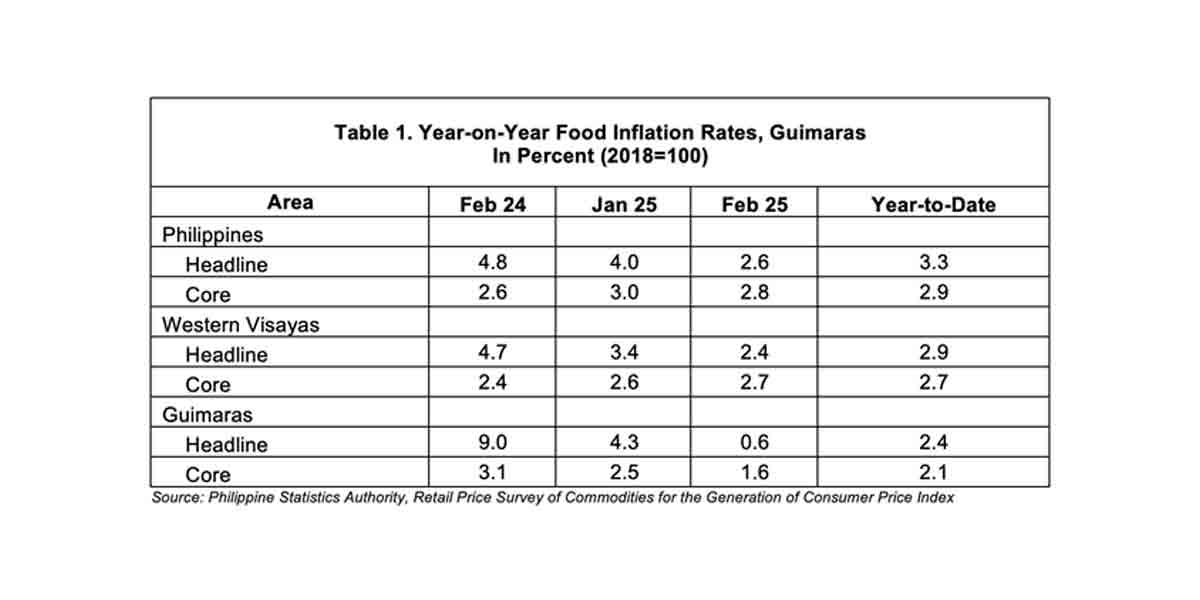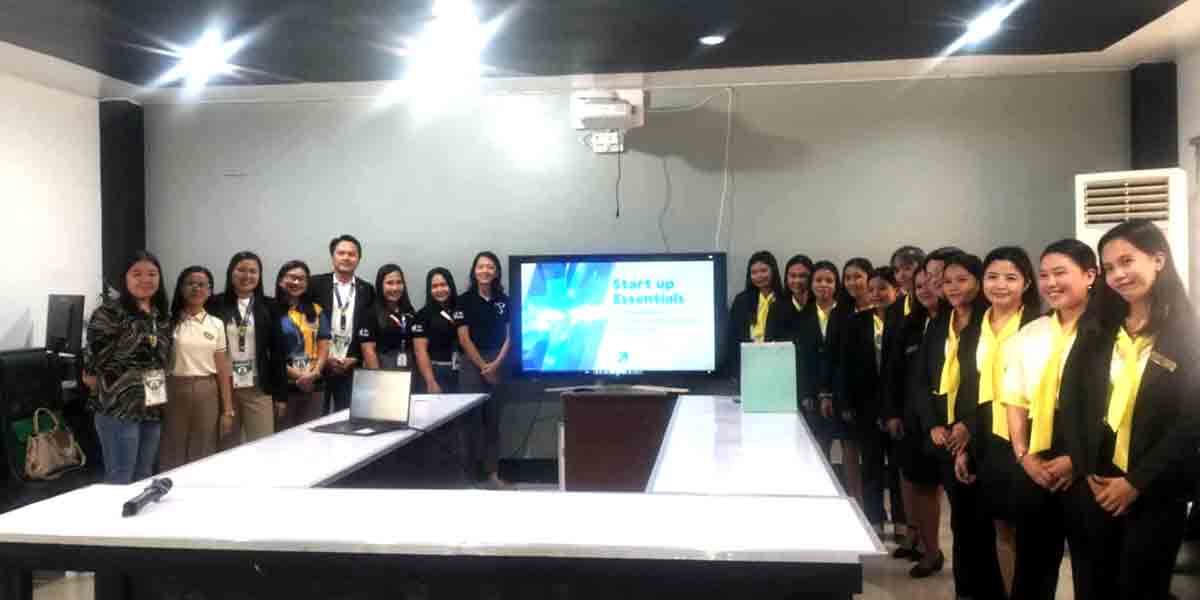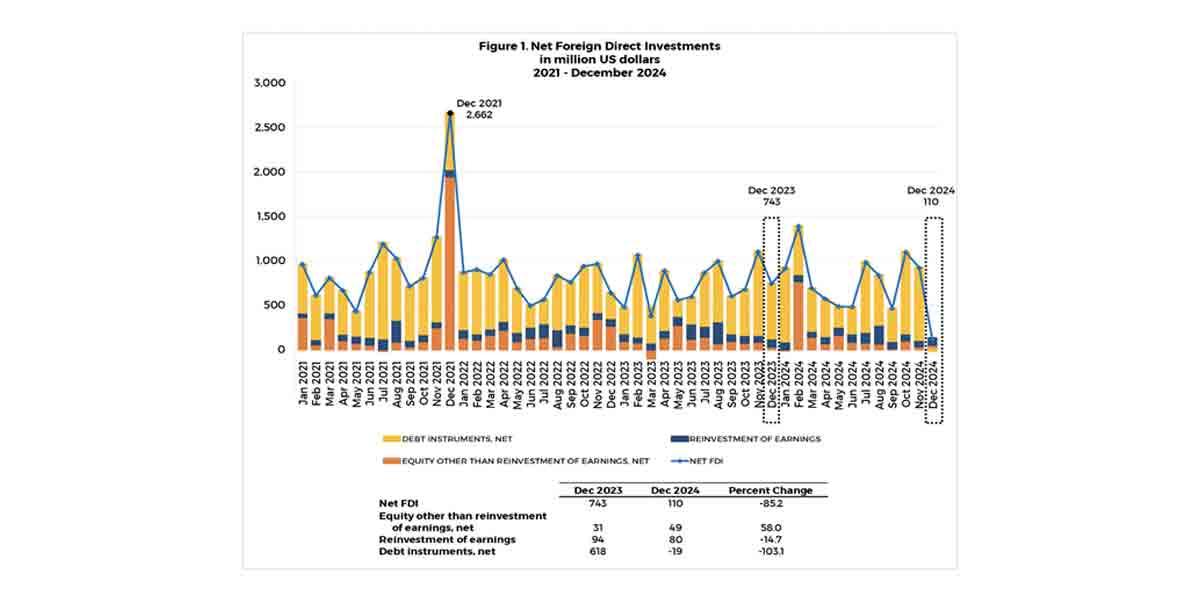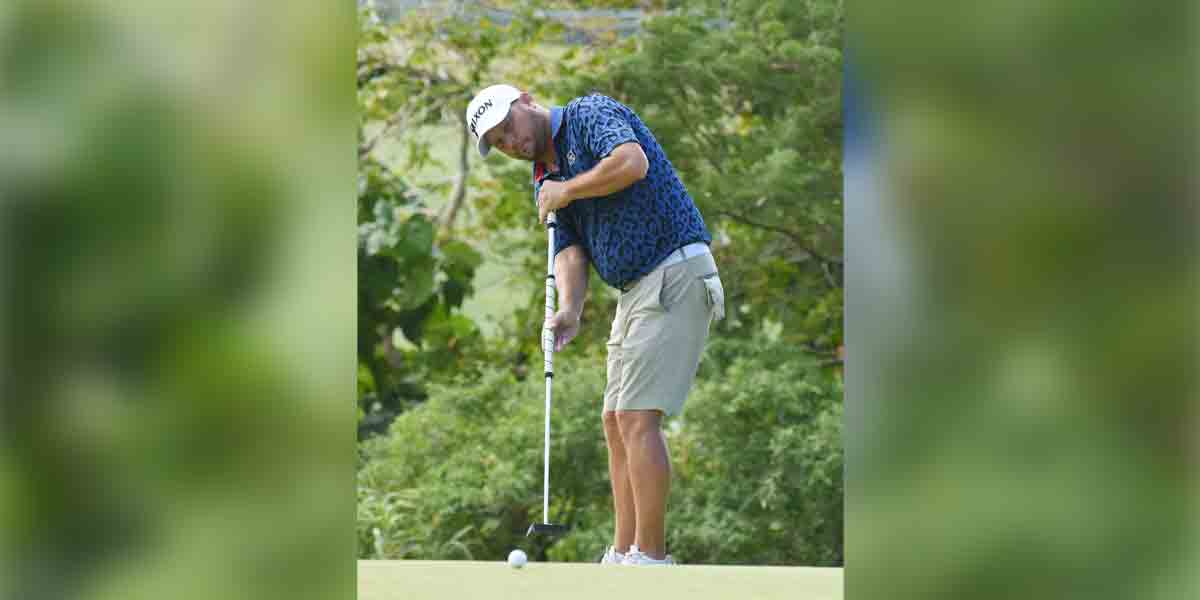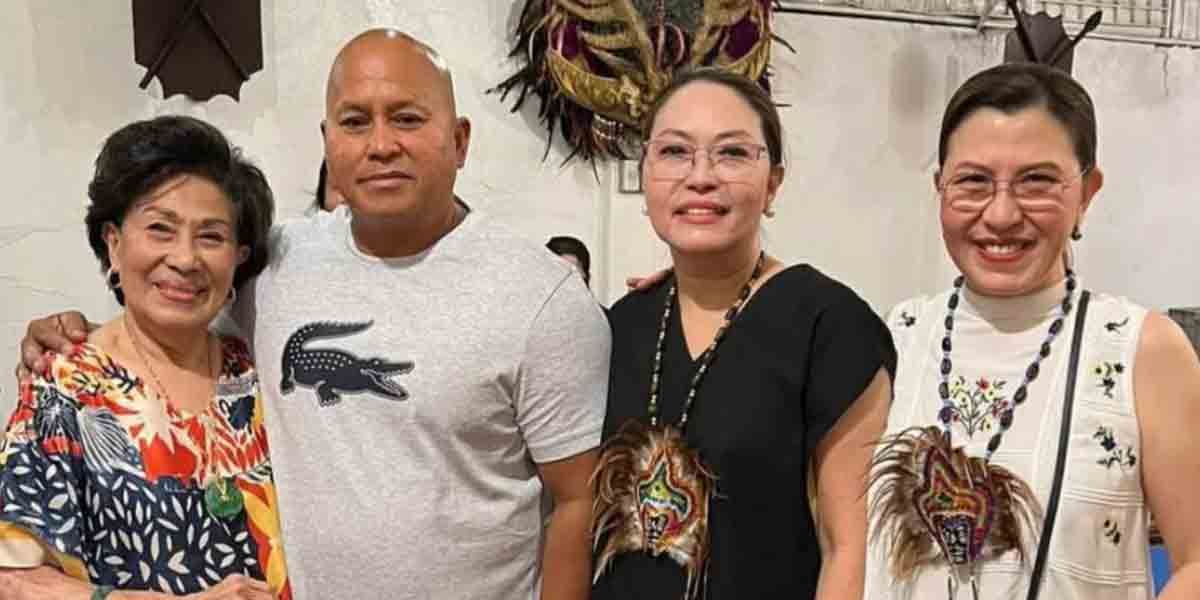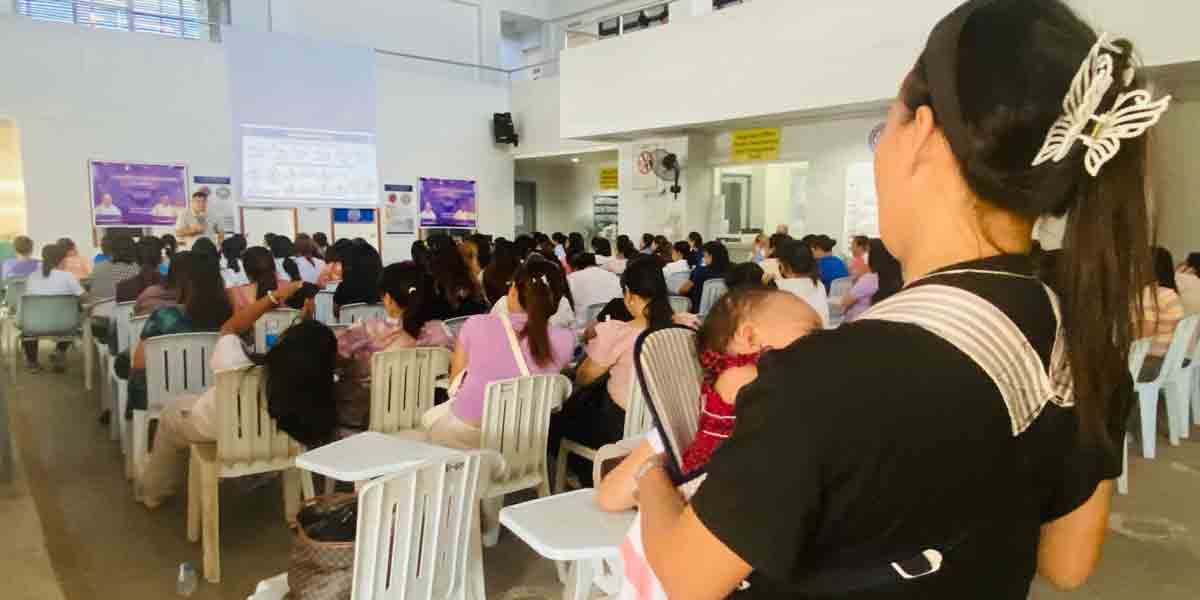
Two intergovernmental organizations whose reach extend over Southeast Asia and Asia-Pacific have formalized their partnership to assist rural fisherfolk and smallholder aquaculture farmers.
The Philippine government-hosted Southeast Asian Regional Center for Graduate Study and Research in Agriculture (SEARCA) and the Bangkok-based Network of Aquaculture Centres in Asia-Pacific (NACA) signed a memorandum of understanding to cooperate on joint projects that are expected to contribute to a strengthened aquaculture sector in the region.
The signatories to the agreement were SEARCA Director Glenn B. Gregorio and NACA Director General Jie Huang.
“SEARCA and NACA share the mandate for rural and smallholder farmers development, with NACA concentrating on aquaculture as a major sector of agriculture,” Gregorio said.
He explained that SEARCA’s programs are geared towards accelerating transformation through agricultural innovation (ATTAIN) to elevate the quality of life of agricultural families through sustainable livelihoods and access to modern networks and innovative markets.
On the other hand, NACA promotes rural development through sustainable aquaculture and aquatic resources management in 19 countries, including eight ASEAN countries covered by SEARCA.
Huang highlighted the vast linkages of NACA across Asia, including the Southeast Asian Fisheries Development Center, Aquaculture Department (SEAFDEC/AQD) based in the Philippines, as resource for aquaculture innovation among rural communities.
SEARCA program lead for Emerging Innovation for Growth Rico C. Ancog said “Under the SEARCA EIG Program, various technological interventions across the aquaculture value chains will be explored, particularly those that increase production and logistics efficiency, fish produce quality and safety, and various value-adding activities.”
He emphasized “the power of academe, industry and government interconnectivity to generate innovative, life-transforming solutions for farmers and farming families. This is the goal of the SEARCA innovEIGhts model of open collaboration.”
“SEARCA’s innovEIGhts model will support, facilitate, and implement co-created and co-piloted agribusiness incubation, information and technology transfer projects, and impact- and action-driven extension and technical assistance engagement for Southeast Asia,” Ancog said.
NACA Aquatic Animal Health Programme coordinator Eduardo M. Leaño noted the importance of continuing training and education outreach to farming and fishing communities using online communication modes necessitated by the pandemic. He said NACA’s large pool of experts will provide training on aquaculture and aquatic resources management.

